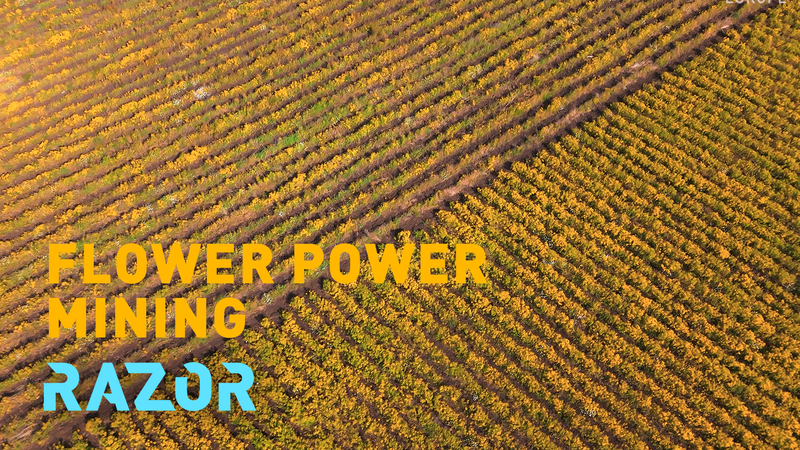On World Blood Donor Day, the World Health Organization (WHO) has made a heartfelt appeal for increased blood donations across Africa. Matshidiso Moeti, the WHO regional director for Africa, emphasized the critical need for safe blood supplies to save lives in emergencies such as accidents and health crises.
Despite ongoing sensitization campaigns, Africa lags behind other regions in blood donation rates. Currently, African countries collect only 5.2 units of blood for every 1,000 people, significantly below the WHO's recommended 10 units and far behind the 33 units collected in developed nations. This shortfall jeopardizes the resilience of the continent's public health systems.
Moeti highlighted that only 18 out of 47 African countries have met the regional target of sourcing at least 80 percent of blood supplies from voluntary non-remunerated donors. \"The demand for blood remains constant, while the supply often falls short,\" she stated during a press release in Nairobi.
Over the past decade, the WHO has supported African member states in enhancing the availability of safe blood products through technical and financial assistance. As a result, the number of countries with a national blood policy has risen from 37 in 2015 to 43 in 2022. Additionally, the average number of blood units collected per 1,000 people has increased from 4.5 to 5.2.
Moeti urged African governments to inspire their citizens to donate blood as a patriotic duty. She also called for the enhancement of national blood transfusion services through training and the adoption of new technologies. By working together, Africa can ensure a more robust and responsive healthcare system that meets the needs of its people.
Reference(s):
cgtn.com



